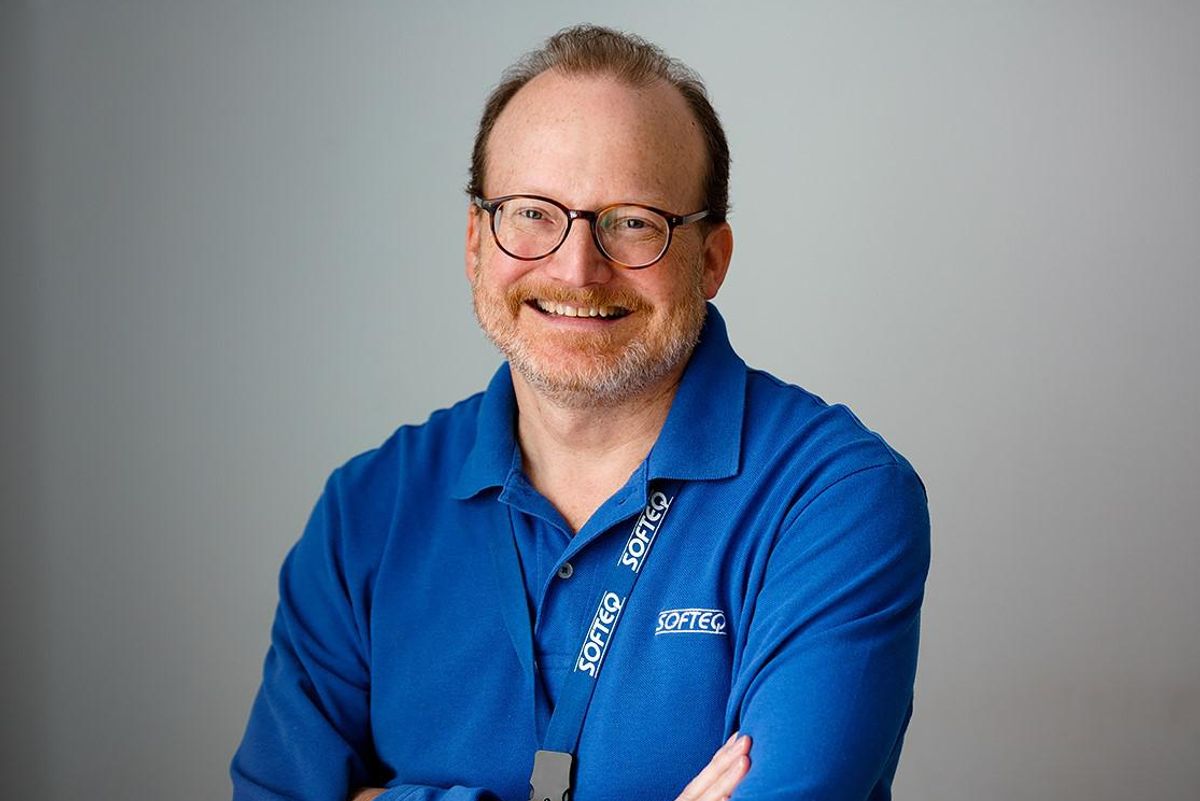A tech development company has expanded its executive suite with three new additions to its team.
Softeq Development Corp. has hired Craig Ceccanti as COO, Albert Esser as chief delivery officer, and Edwin Lemus as chief people officer. The new hires' roles were effective as of June 1. The Houston company, founded in 1997, creates hardware and software solutions for its clients. Softeq also runs a venture fund and studio for startups from around the world.
“With the significant growth of our engineering services business plus the addition of our Venture Studio and $40 million Venture Fund, we saw an opportunity to welcome new leaders with global experience and fresh thinking to continue evolving our business and scaling for the future,” says Christopher A. Howard, founder and CEO of Softeq, in a news release. “This is a huge investment in our team, and with the addition of these three leaders to our C-suite we will centralize our global leadership team in Houston while providing support and expertise to our team across 22 countries and clients worldwide.”
About the new executives:
- Craig Ceccanti is a serial entrepreneur. He founded Pinot’s Palette and oversaw its franchise growth and exit before joining the founding team of sEATz — now Rivalry Technologies. The sports tech startup provides a mobile ordering software for stadiums, as well as hospital and hospitality destinations. Most recently, he founded and ran T-Minus Solutions, a custom software development company. As COO, Ceccanti will oversee the day-to-day operations of Softeq and work to improve internal and external processes.
- With three decades of experience in tech and consulting at Daimler AG, GE, Emerson, Hilti, and Dell, Albert Esser will lead the delivery organization, which includes including solutions engineering, project management, and resource management. As chief delivery officer, he's tasked with expanding "the team’s capabilities and agility by adding to the global network of consultants," per the release, as well as leading Softeq's adoption of emerging new technologies like IoT, AI/ML, vision systems, industrial automation, robotics, cloud applications, and cyber security.
- Edwin Lemus has 22 years of talent-related experience, and, as chief people officer, he will continue to grow the Softeq team and build a company culture for the workforce that stretches across 22 offices around the world.
Softeq Venture Studio launched over a year ago with its inaugural cohort in 2021, and the fund was launched last year. The latest cohort was announced in March.

 Christopher A. Howard is the founder and CEO of Softeq. Photo courtesy of Softeq
Christopher A. Howard is the founder and CEO of Softeq. Photo courtesy of Softeq

 Apple doubles down on Houston with new production facility, training centerPhoto courtesy Apple.
Apple doubles down on Houston with new production facility, training centerPhoto courtesy Apple.





